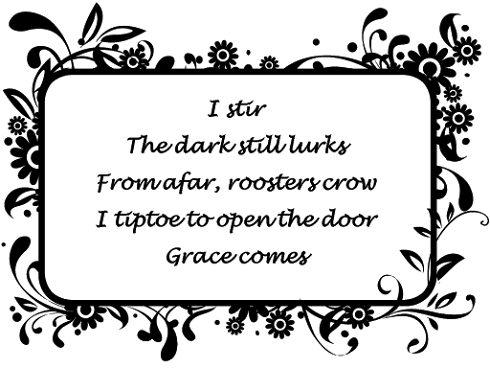Many speculate that the three wise men who traveled hundreds of miles to pay Jesus homage with gifts started it all. When they finally “saw the child and his mother, Mary, and they bowed down and worshiped him. Then they opened their treasure chests and gave him gifts of gold, frankincense, and myrrh.” Matthew 2:11 (NLT.)
I personally believe we give gifts on Christmas because Jesus gave Himself as a Gift to all. In our own little ways, we want to emulate that unparalleled gift-giving.
Unfortunately, gift exchange today has become so commercialized, even taxing. Yet give gifts we “must” and spend weeks shopping, wrapping, and tagging.
We simplified all that at our OMF Lit’s Christian Writers’ Fellowship (CWF) Christmas party: “Bring a book you love to be exchanged with someone’s.”
Days before the party, I kept changing my mind about which book to give away. If you love books as the CWF members do, you know that one of the most difficult things to do is to part with a book you love.
Sure enough, the words spoken at the party were about (each had to explain the book he was sending off), with apologies to Shakespeare, “Parting is such sweet sorrow.”
“I bought many copies of this book because I wanted family and friends to read it. And now this is my last copy and . . .”
“This book was such a blessing to me. I’d love to keep it forever but . . .”
“I love this book so much, it makes me cry even if I read and re-read it. But it’s about time someone else is given the chance to cry . . .”
“This is my favorite book, but I discovered there are still copies at a book store so I am giving it away.”
“Before I became a Christian, I read lots of apologetics. Now I know the truth so I am giving one away.”
There are many more quotable quotes but I got so excited when I received my book, I missed taking down more notes.


















































